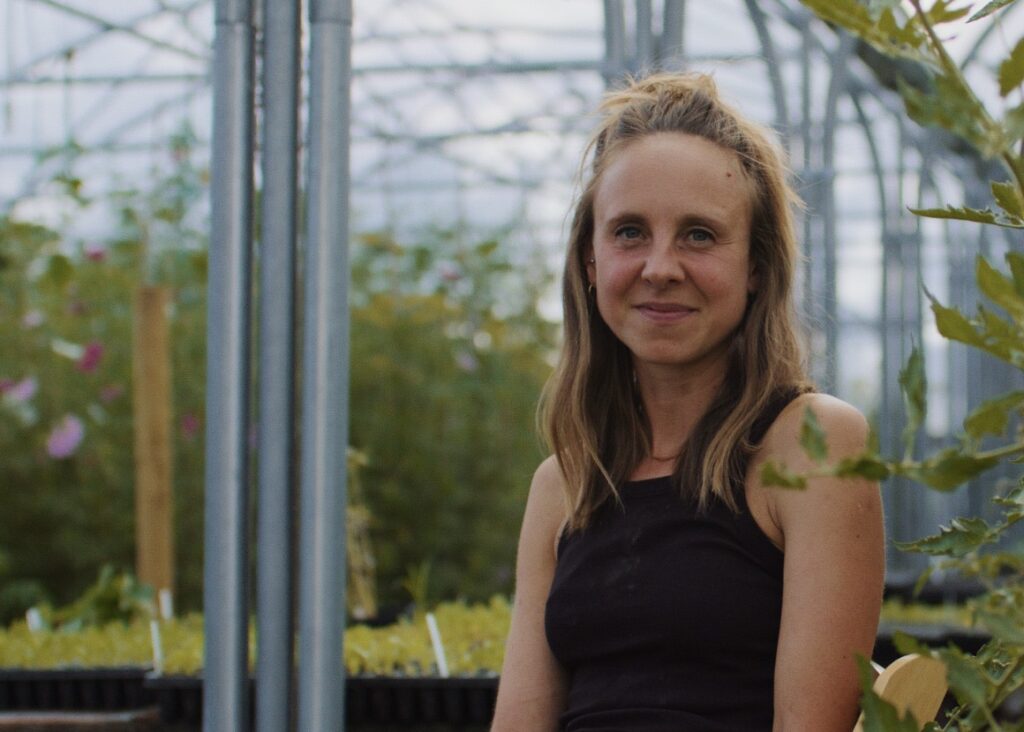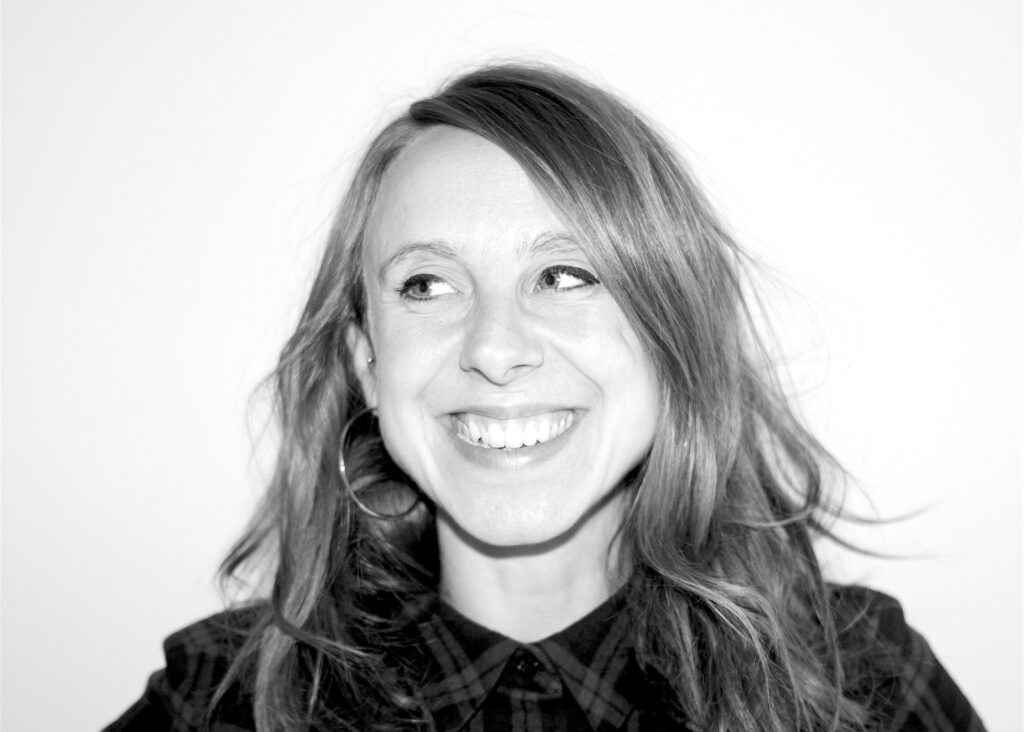This week’s instalment of our Flex Life series features sustainability strategist and food systems expert Rachel Jones.
We’ve known Rachel for a long time, and love the way she’s able to untangle knotty concepts for any audience and make them accessible and interesting. Over the last 15+ years, she’s been helping all sorts of organisations define their sustainability strategies, develop new business models and deliver campaigns for change.
Inspired by the potential of better farming practices to solve multiple problems at once, she’s focused much of her time in recent years on physically running an organic farm, as well as developing a national growth plan to help reconfigure British food supply chains on behalf of an NGO.

When did you start freelancing for sustainability?
About 2 years ago - but it was kind of by accident. I was feeling the need to escape my desk for a while, so I took a 6-month sabbatical from my sustainability consultancy job to run an organic farm, covering for the Founder whilst she was on maternity leave. The freedom and flexibility that freelance offered me was a breath of fresh air and I decided in the end not to go back to my job.
Where do you work right now?
Right now, I have several things on the go. I’m developing a national Growth Plan for local, sustainable food with an NGO called Sustain – looking at how we can make it widely accessible to all by making changes across the supply chain. And I’ve been working with The Now Work on various projects, most recently developing some sustainability training for agencies looking to move into the space.
What issues are you most fired up about tackling?
Too many! I’ve been in sustainability for 15+ years so have touched a lot of different issues in that time, but there are two that stand out.
I began my career working in a local authority waste and recycling department, so circularity will always have a very special place in my heart. I recently worked on a project through The Now Work with a major furniture retailer on some pilots for business model shifts towards circularity, which was super interesting.
And over the last 5 years I’ve focused quite heavily on sustainable food and farming. Food is so fascinating because a) it’s in a big mess b) we can’t do without it c) it affects every aspect of our lives. Changing our food systems gives us the chance to improve our health and nutrition, our climate, nature and wildlife, our livelihoods, community connection and our wellbeing. And there are so many exciting projects demonstrating that. The challenge is how to scale that multitude of positive impacts both up and out.
And my personal passion is something that connects these two: composting. It’s a completely undervalued tool that can simultaneously tackle two major sustainability challenges: rising (food) waste and declining soil fertility. And it’s an absolute joy to make. We need a major composting revolution!
How are you using your strengths and skills to change the world?
For me, it’s always been important to have one hand ‘on-the-ground’ and the other hand ‘in a strategy’. To my mind, real change comes when the practical reality and the plans for change at scale are very well connected. For my own sanity more than anything else, I’ve always worked between the two; literally running farms and managing ‘waste’, whilst also developing plans for change with some of the biggest companies in the world.
I think I’ve been able to bridge that gap because I’ve got a natural curiosity for ‘how things work’ and I really enjoy collaborating with people from all different walks of life. And the 10 years I spent in sustainability consultancy certainly got me well-practised in finding strategic clarity in complex situations, and persuading people of the business value of action, which has definitely helped too.

What brings you the most joy when it comes to having a flexible career?
I think there are multiple benefits that I’ve appreciated. Having the autonomy to escape London and work from my in-laws place in the New Forest, or anywhere else, at the drop of a hat is one. Being able to choose projects that inspire me the most and having the freedom to take extended periods of time out if I need it are another two that have been important to me.
What's the biggest challenge when it comes to freelancing in sustainability?
Letting projects go. I naturally want to see things through and continuously make them the best they can be. You don’t always get that chance when freelancing. You have to learn to draw a line under things when they have run their course.
Is there a project that you’re most proud of?
I’m proud of lots of it. But certainly, there’s little that’s more satisfying than seeing the (literal) fruits of your labour when running an organic farm and knowing that you’ve made a real, physical difference, despite how physically hard that kind of work is. Then being able to feed the learnings from that into a strategy that can help shape policy, investment and innovation at a bigger scale has felt very fulfilling too.
What’s your advice to someone who’s thinking of taking the plunge into freelance or freelancers just starting out?
On the whole, I’d say give it a go! You only find out if something works for you by trying it. But if income security is a worry, see if you can take something secure for 3-4 days a week and start freelancing with the other 1-2. You can build it up from there if it works for you without it feeling like such a dramatic shift.
